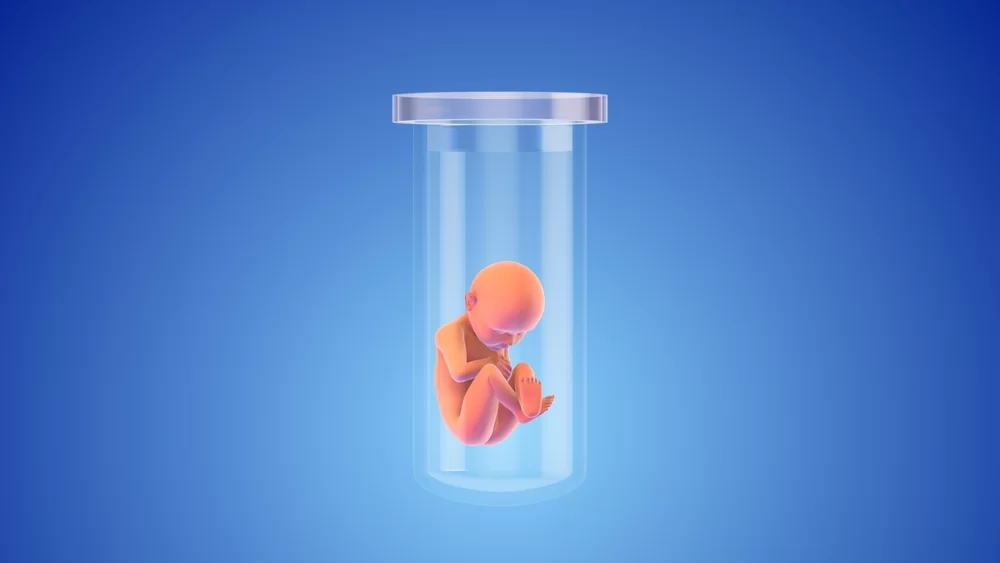IVF Treatment

In vitro fertilization (IVF) is one of the methods used by couples who are unable to conceive naturally. The world's first IVF baby was born in England in 1978, and Turkey’s first IVF birth took place at Ege University Medical Faculty in 1989. Thanks to advancements in technology and its efficient use in medicine, IVF has made it easier for couples to achieve their dreams of parenthood. Many couples can now conceive through IVF treatment offered by various healthcare centers.
What is IVF Treatment?
IVF treatment involves fertilizing sperm and egg cells (male and female reproductive cells) in a laboratory environment. It is a treatment method applied to women who cannot conceive naturally. The process is based on fertilizing the egg with sperm in laboratory conditions and transferring the resulting embryo into the uterus.
Steps of IVF Treatment
A successful IVF treatment typically consists of four stages. Careful application of each step greatly increases the chances of achieving a successful pregnancy.
- Initial Consultation and Evaluation
- A detailed examination of the couple is conducted.
- The doctor provides information about the treatment process.
- The necessary preparations and steps for IVF treatment are determined.
- The doctor assesses whether the woman is suitable for IVF and outlines the essential conditions for a successful treatment.
- A personalized treatment plan is established based on the couple’s medical condition.
- Ovarian Stimulation
- Medication is administered to stimulate the woman’s ovaries to produce multiple eggs.
- The doctor carefully adjusts the dosage to ensure optimal egg development.
- Egg Retrieval and Fertilization
- The matured eggs are retrieved from the woman’s ovaries.
- Sperm is collected from the male partner.
- The eggs and sperm are fertilized in laboratory conditions.
- The resulting embryos are monitored for development.
- Embryo Transfer
- The best-quality embryos are selected for transfer into the woman’s uterus.
- This step is critical for achieving pregnancy.
- A skilled medical team and advanced laboratory facilities increase the success rate of the procedure.
IVF Treatment in Turkey
With advancements in technology and the increasing number of experienced specialists, Turkey has become a popular destination for IVF treatment. Hundreds of couples from Asia, Europe, and Africa travel to Turkey each year to undergo IVF treatment. Many healthcare institutions in Turkey offer IVF procedures, and comprehensive treatment plans are organized for patients before and after the procedure.
By submitting an application form on our website, your case will be evaluated by expert IVF specialists, and your treatment plan will be designed as soon as possible.
Frequently Asked Questions
IVF (In Vitro Fertilization) is an assisted reproductive technique used for couples facing infertility issues. Eggs are collected from the woman's ovaries and fertilized with sperm from the man in a laboratory setting. The fertilized eggs are allowed to develop for a few days in the lab, and then they are placed into the woman's uterus for implantation.
IVF is recommended for couples who are unable to conceive due to factors such as blocked fallopian tubes, male infertility, unexplained infertility, ovulation disorders, or hormone problems. It may also be an option for couples experiencing repeated miscarriages or those at risk of passing on genetic conditions.
The success rate of IVF depends on factors such as the woman's age, health, sperm quality, and other individual factors. Typically, the success rate is higher in younger women, but it tends to decrease after the age of 35. Success rates can range from 20% to 50%, depending on the clinic and the specific treatment approach.